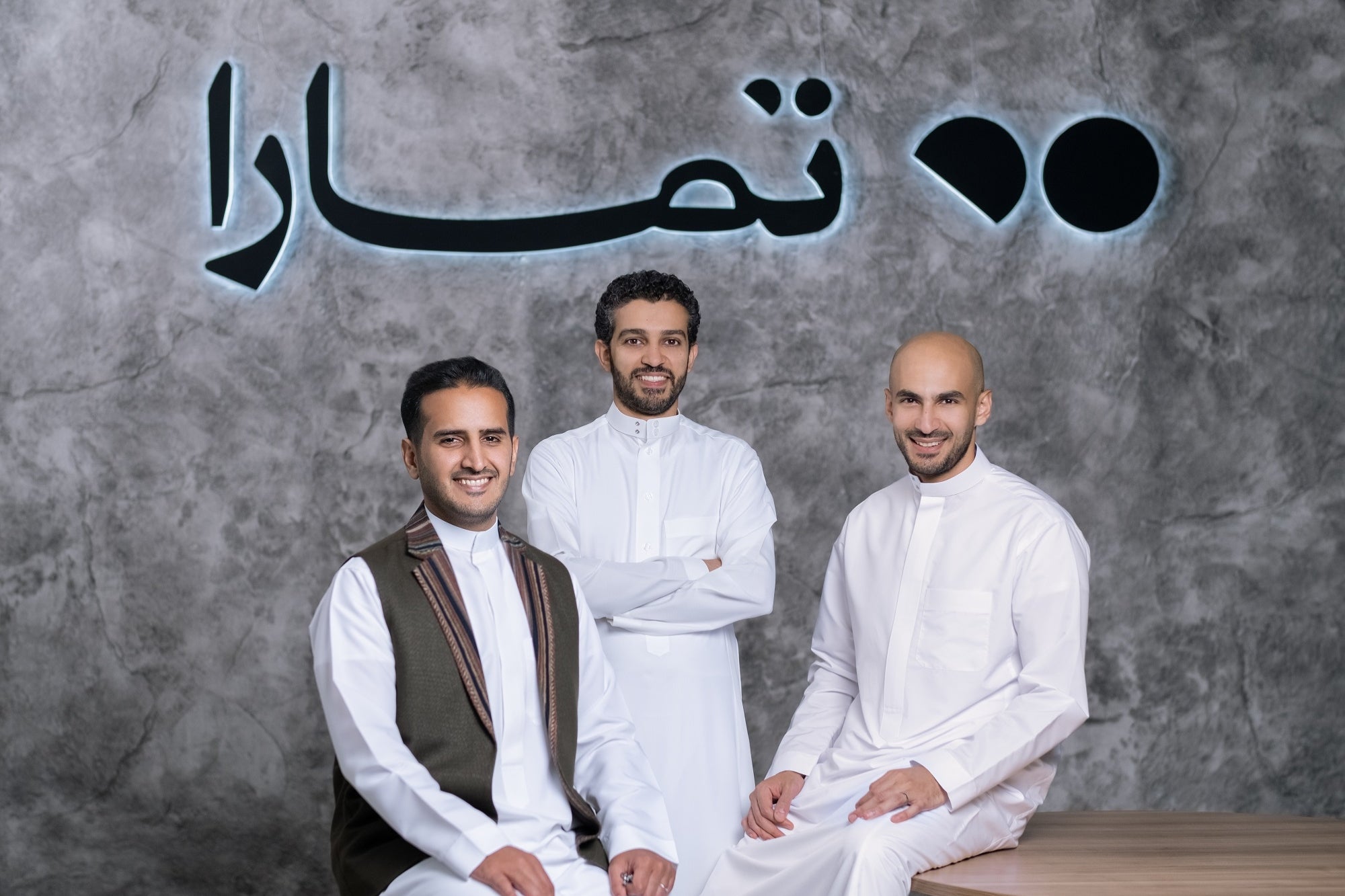"We Got Funded!" KSA-Based Fintech Startup Tamara Raises US$100 Million To Boost Product Offering And Expansion Plans The new capital infusion will be used to the startup's product offering, while entering adjacent markets.
Opinions expressed by Entrepreneur contributors are their own.
You're reading Entrepreneur Middle East, an international franchise of Entrepreneur Media.

Tamara, a KSA-based buy-now-pay-later (BNPL) fintech startup, has raised US$100 million in a Series B equity round led by Sanabil Investments, a wholly owned company by the Kingdom's Public Investment Fund. The round also included participation from New York-headquartered investment company Cotaue, Abu Dhabi-based venture capital firm Shorooq Partners, seed-stage funding firm Endeavor Catalyst, and a follow-on investment London-based payments solutions provider Checkout.com.
Founded in 2020 by Abdulmajeed Alsukhan, Turki Bin Zarah, and Abdulmohsen Albabtain, the startup has seen a steady pace of growth- from garnering more than three million customers, 10x year-on-year revenue growth, and over 4,000 partner merchants that includes global and regional brands like IKEA, SHEIN, Adidas, Namshi, and other enterprises. It was also the first BNPL entity to be a part of the Saudi Central Bank (SAMA)'s Sandbox program. In addition, in January last year, only five months after its launch, the startup was able to close a round of $6 million, which has been regarded as the largest seed round raised in Saudi Arabia. This was followed by another capital investment of $110 million led by Checkout.com in April 2021.
The new capital infusion will be used to bolster the startup's product offering, while also entering adjacent markets, says Alsukhan, co-founder and CEO of Tamara, in an exclusive chat with Entrepreneur Middle East. "It's a very exciting time for Tamara," he says. "In the coming months we will be launching some major brands, and rolling out new products that enhance the shopping and payments experience." Demand for the BNPL model, which enables customers to order a product and delay payments, has gained traction in recent years. For Tamara's customer base, Alsukhan notes that it's appealing to consumers and merchants alike. "On the customers side, we see a clear need for more financial inclusion," he explains. "Credit card penetration is relatively very low, and existing financial offerings lack transparency and fairness. Our seamless and completely digital journey is a game changer."
At the same time, Alsukhan states that the startup offers tangible top and bottom-line benefits to its network of merchants, resulting in an increase of conversion rates and reduction of returns. The startup's solutions have also been able to reduce cash-on-delivery payment methods for merchants, one of the major hurdles for e-commerce platforms in the MENA region. Meanwhile, looking at the startup's end-user demographic, Alsukhan notes that though they see customers from all age groups, millennials and Gen Z remains the highest concentration. There's also a higher share of women compared to men, although it varies depending on the category. "We find that the biggest motivation [for users] is flexibility," says Alsukhan. "Another factor that drives adoption is trust- customers can approach Tamara across multiple channels, and we are fair and transparent."
With new entities entering the BNPL market, it's interesting to see the team's approach to ensure its solutions remains distinct. As a B2B and B2C business, Alsukhan notes that they focus on innovation by addressing pain points across both its customer groups: its merchant partners and end customers. "Our success is driven by a constant drive to speak with our customers, benchmark ourselves to the best globally and set very high standards for quality," he says. "Tamara has top quality international talent, and we challenge ourselves to raise the bar every day. This philosophy permeates across the company, and it is the main reason why we have achieved so much in such little time."
While the global entrepreneurial landscape is seeing challenges amid current volatile periods, Alsukhan reminds fellow entrepreneurs to remain steadfast in order to survive and thrive. "Market cycles will come and go, this is not the first and definitely not the last," he says. "We focus on being a trusted, reliable, and sustainable partner to our partner merchants. Tamara does not chase growth at all costs, and we prioritized core economics early. Serious investors will reward businesses that create sustained value, it has always been the case."











